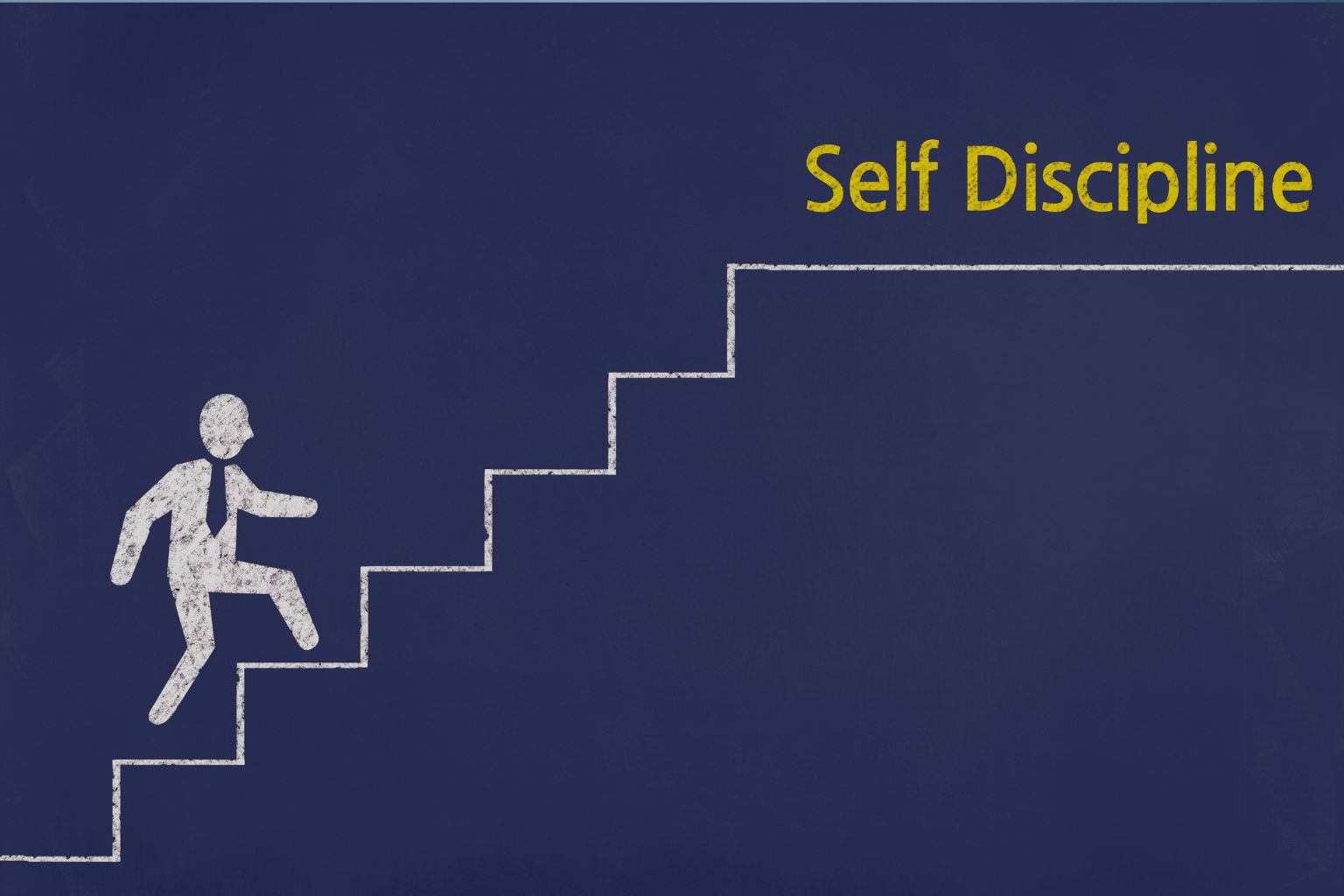So how do you actually help someone break the cycle of self-sabotage… without nagging or overwhelming them?
Support Their Growth Without Pushing Them Away
“They keep getting in their own way—and they don’t even see it.”
If you’ve ever watched someone you care about repeat the same destructive patterns—missing deadlines, quitting before finishing, rejecting praise, or turning away from opportunities—they’re likely stuck in a self-sabotage loop.
They might blame it on circumstances, timing, or “just how life goes.” But deep down, it’s not the outside world that’s stopping them—it’s something internal.
And here you are. Watching. Worrying. Wanting to help…. Let’s walk through it—together.
Why the Cycle of Self-Sabotage Is So Hard to See
Here’s the tricky part: most people who sabotage themselves don’t know they’re doing it.
They might say things like:
- “I just got too busy to finish.”
- “I probably wasn’t going to succeed anyway.”
- “I don’t like being the center of attention.”
- “I always mess things up.”
And it all feels logical. But behind those words is usually:
When you try to push someone like that too hard, they may pull away. But if you stay silent, the pattern keeps repeating.
That’s why helping someone break the cycle of self-sabotage requires empathy, strategy, and patience.
The Risks of Letting It Continue
Let’s be honest: this isn’t a small issue.
If someone doesn’t break the cycle of self-sabotage, they risk:
- Losing career or academic opportunities
- Destroying relationships with people who care
- Diminishing confidence every time they “fail” again
- Never reaching their potential—even if they have the talent
And perhaps worst of all? They may start believing that success just “isn’t for them.”
But here’s the good news: change is possible. With the right support and systems, self-sabotage can be replaced with self-leadership.
Let’s look at how to help them get there.
5 Real Ways to Help Someone Break the Cycle of Self-Sabotage
You don’t have to be a therapist. You just need a strategy and a lot of heart.
1. Gently Reflect Their Patterns Back to Them
Start by helping them see the pattern—without blame or shame.
Try this:
“I noticed you’ve started a few great things lately, but didn’t finish. Is that something you’ve noticed, too?”
This opens the door to awareness without accusation. Once they notice it, they can begin questioning it.
2. Help Them Identify the Trigger Moments
Most self-sabotage starts with a trigger:
- Fear when things go too well
- Pressure to perform
- Anxiety around being seen
- Deep beliefs like “I’m not enough” or “I’ll mess it up”
Ask:
“What were you feeling right before you changed your mind/quit/avoided that step?”
Helping them identify the moment of sabotage gives them power to pause next time.
3. Shift the Narrative from Shame to Strategy
People who sabotage themselves often carry deep guilt. They know they’re stuck, but don’t know how to change.
You can help them reframe the story:
“Maybe this isn’t about failure. Maybe it’s about safety. Maybe part of you is afraid of what comes next.”
Show them that this isn’t a character flaw—it’s a learned pattern. And what’s learned can be unlearned.
4. Encourage One Small Commitment They Can Keep
Success builds confidence. But when someone keeps breaking promises to themselves, their self-trust disappears.
That’s why one small, winnable goal matters.
Examples:
- “Write for 5 minutes every morning.”
- “Walk for 10 minutes before bed.”
- “Say no to one distraction a day.”
Make it achievable. Let them feel what it’s like to follow through.
5. Introduce Structure, Not Just Motivation
People stuck in self-sabotage don’t need hype—they need help sticking to a process.
This is where tools like the Mental Discipline for Success System come in. It’s not about being perfect. It’s about building:
- Awareness of patterns
- Daily follow-through
- Accountability
- Confidence through action
Let them know:
“There’s a system I came across that helps people break mental habits like this—not overnight, but step by step. I think it could really help.”
Sometimes, structure is the safest, kindest thing you can offer.
Break the Cycle of Self-Sabotage—One Thought at a Time
You can’t save someone from themselves.
But you can help them rise.
You can be the person who holds up the mirror.
The person who says, “You’re not broken. You’re stuck—and there’s a way out.”
And that way out begins with a system that trains them to show up differently.
🎯 Explore the Mental Discipline Mastery Kit →
It’s time to stop the self-sabotage cycle—and build a mindset built for success.

















Share it!